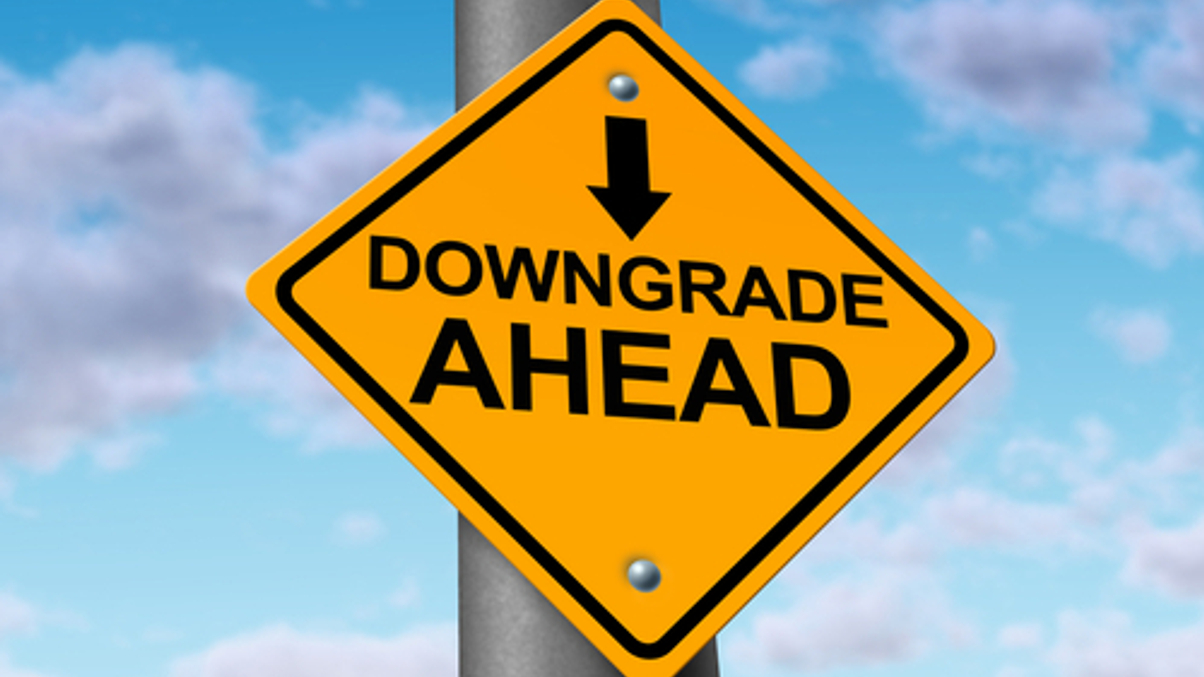Debt investors seen bracing for “fallen angels”
Asian investment-grade bonds may be less at risk of downgrades to junk than those elsewhere, but asset owners – particularly insurers – are being advised to take precautions.

A wave of “fallen angel” bonds – those issued by investment-grade companies that have since been downgraded to junk status – has started to break amid the coronavirus outbreak, and more are expected in the coming months.
Sign in to read on!
Registered users get 2 free articles in 30 days.
Subscribers have full unlimited access to AsianInvestor
Not signed up? New users get 2 free articles per month, plus a 7-day unlimited free trial.
¬ Haymarket Media Limited. All rights reserved.


